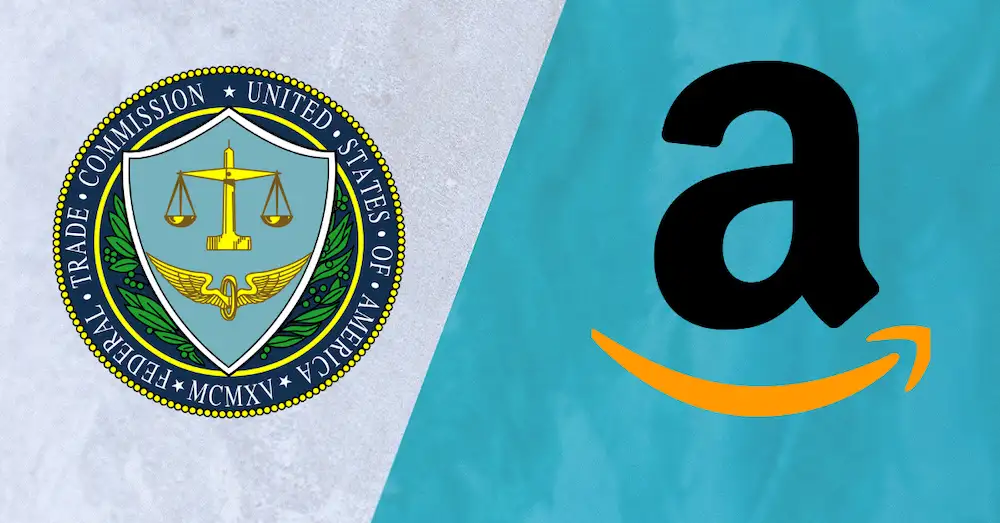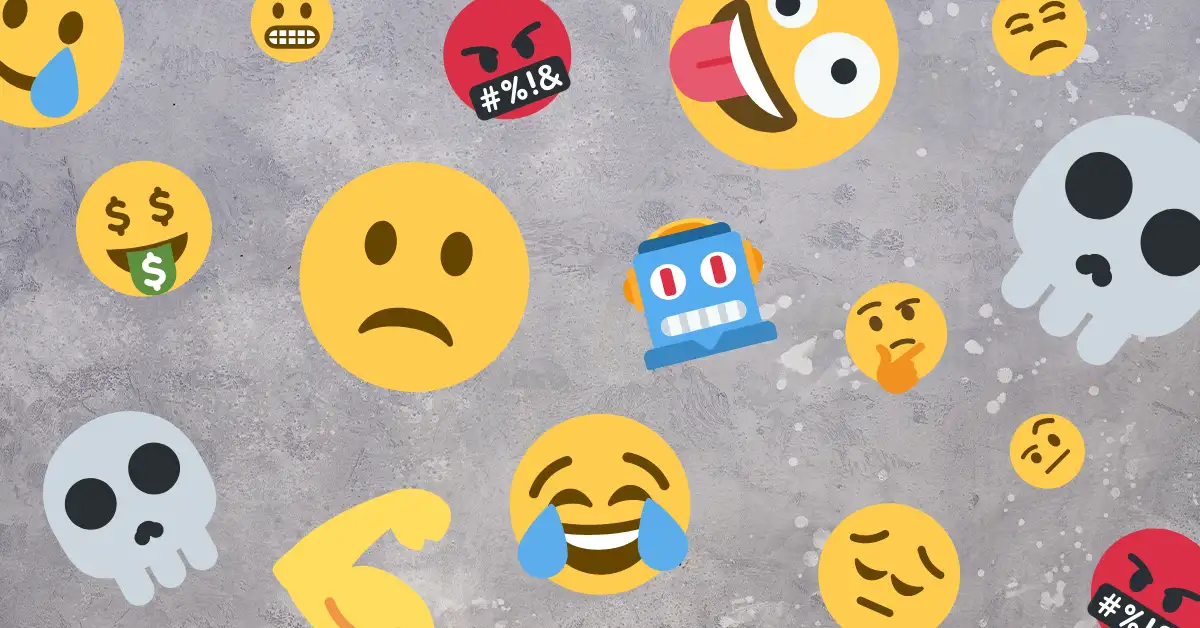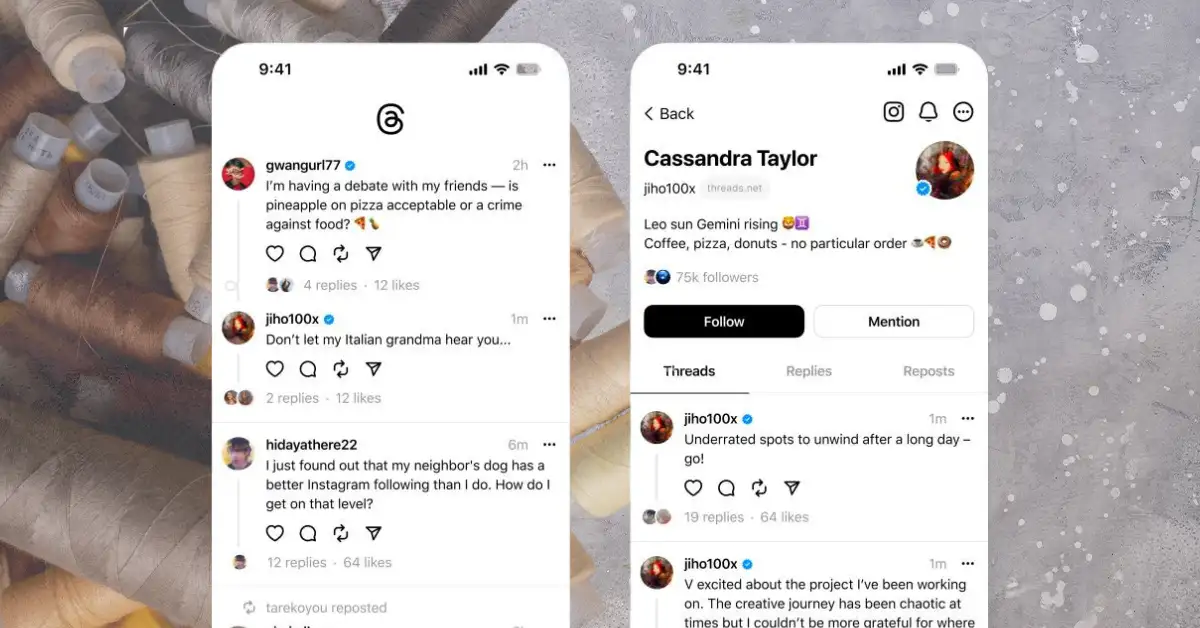Canadian Prime Minister Justin Trudeau accused Meta of “putting corporate profits ahead of people’s safety” this week, after it blocked news from its platforms amid the nation’s wildfire emergency.
Canada’s new Online News Act requires tech companies to pay publishers for linking to or repurposing their content. Meta called the legislation “unworkable,” blocking news access for its Canadian users in response.
- Google also threatened to remove news links, but intends to wait until the law takes effect.
- Australia passed similar legislation in 2021, but tech companies were ultimately able to negotiate with Australian publishers.
Social media…
… has played a pivotal role in news, connecting outlets with audiences and offering real-time coverage from journalists and citizen reporters — even in countries with strict media censorship.
It has made itself a mainstay in news consumption, with more than half of Americans getting at least some news via social media. Canadians have been relying on social media less but 25% still consider it their primary source. Meanwhile:
- A quarter of US adults under 30 prefer TikTok for news.
- Younger audiences are more frequently turning to influencers and celebrities over journalists and traditional media.
But remember when…
… Facebook told everyone it got high engagement from videos, so newsrooms decided to lay off writers to “pivot to video,” but then it was… all a big lie that ended with Facebook agreeing to a $40m settlement with advertisers in 2019?
Those kinds of things seem to keep happening, diminishing our access to high-quality news while misinformation spreads.
- X is planning to remove headlines on news links for “aesthetics.”
- AI-generated content has only just begun to replace articles by humans — and it’s often full of errors.
Meta said…
… Canadians would still have access to government and emergency accounts.
But many Canadian organizations trying to spread wildfire resources felt hamstrung by the blocks, with some reporting confusion and mistrust among volunteers without the ability to share news, per The New York Times.
More broadly, many US governments are banning TikTok, while the ever-in-flux X had to restore free API access to such agencies for public utility purposes.
There’s still, uh… the radio?












